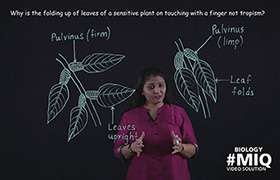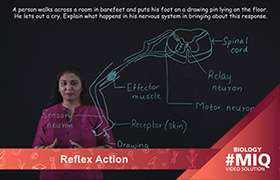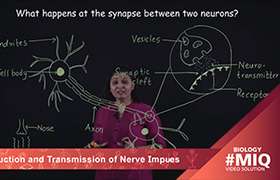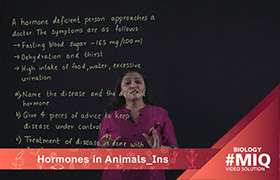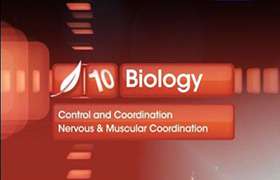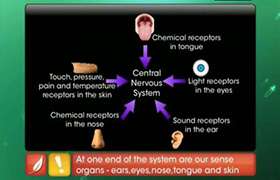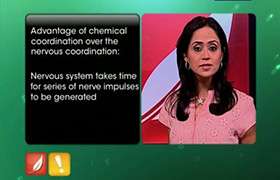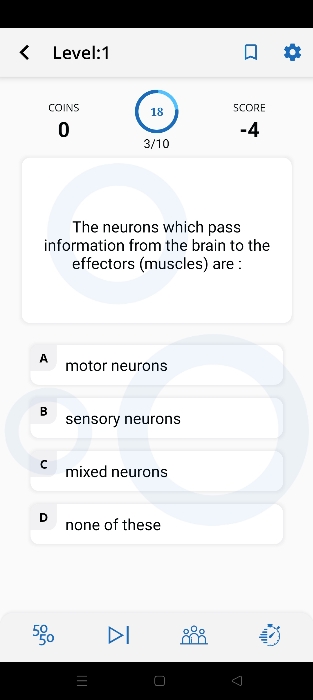CBSE Class 10 Answered
A reflex action is an involuntary, automatic and nearly instantaneous response to a stimulus. Reflex actions have survival value. In humans, reflex actions are mediated via the reflex arc.
A reflex arc is the neural pathway that mediates a reflex action. In higher animals, most sensory neurons do not pass directly into the brain, but synapse in the spinal cord. This characteristic allows reflex actions to occur relatively quickly by activating spinal motor neurons without the delay of routing signals through the brain, although the brain will receive sensory input while the reflex action occurs.
A reflex mechanism involves a receptor organ, an effector organ, and some type of communication network. When a sensory receptor is stimulated, signals pass from it along a sensory neuron to the spinal cord. The message travels out of the spinal cord along a motor neuron to the effector organ (e.g., a muscle or a gland), which acts accordingly. Such a pathway is called a reflex arc. In most cases, however, the basic physiological mechanism behind a reflex is more complicated than the reflex arc theory would suggest. Additional nerve cells capable of communicating with other parts of the body (beyond the receptor and effector) are present in reflex circuits.
(The sensory nerve fibers of a spinal nerve do not enter the spinal cord at the same place as the motor nerve fibers of the same nerve leave the spinal cord. Sensory fibers enter the dorsal part of the spinal cord while motor fibers leave the ventral part. Sensory fibers are said to have dorsal roots and motor fibers have ventral roots.)
Reflexes are of two types:
i) Simple or unconditioned reflex - In this type of reflex, the brain is not involved. The receptor is stimulated which is conducted to the spinal cord by the effector. The effector neuron from the spinal cord conducts a response to the muscle or the gland. This causes an immediate reaction. It does not involve any thinking or reasoning.
ii) Complex or conditioned reflex - This type of reflex involves the brain but it is also as fast as the simple reflex. For example - We salivate on smelling our favourite food. The individual recognises the smell and based on a previous experience, the response (salivation) occurs. The recognition of the previous experience involves the association centres of the brain.

